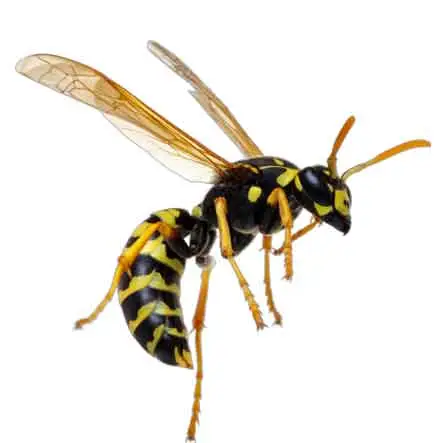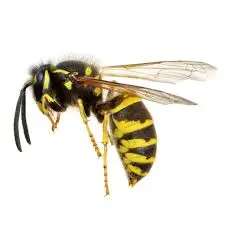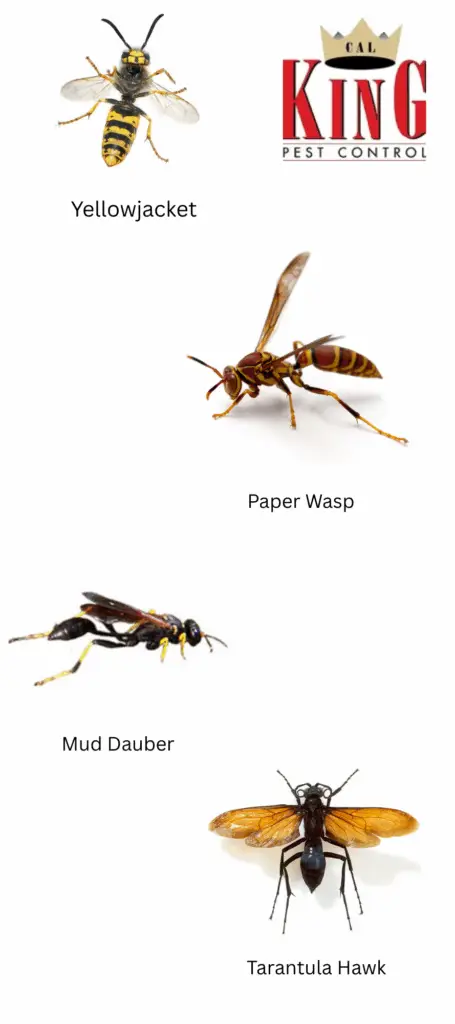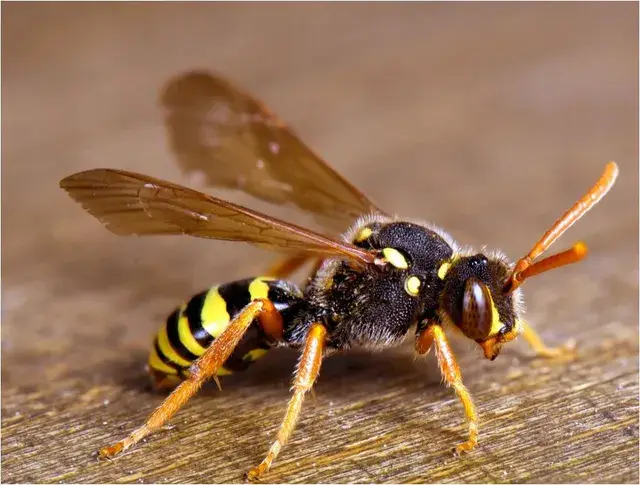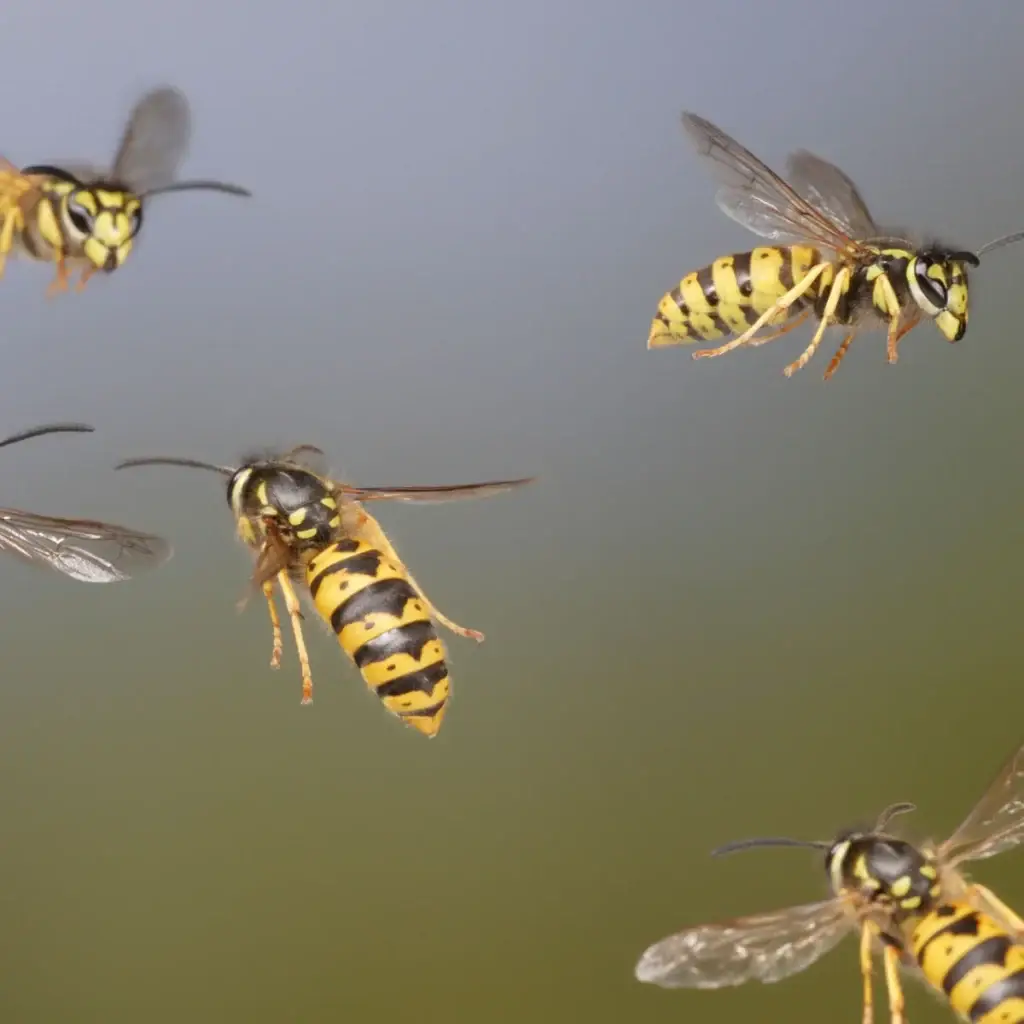Call Us Today For A Free Estimate
🦟
Call Us Today For A Free Estimate
🦟
Call Us Today For A Free Estimate
🦟
Call Us Today For A Free Estimate
🦟
Call Us Today For A Free Estimate
🦟
Call Us Today For A Free Estimate
🦟
Call Us Today For A Free Estimate
🦟
Call Us Today For A Free Estimate
🦟
Call Us Today For A Free Estimate
🦟
Call Us Today For A Free Estimate
🦟


